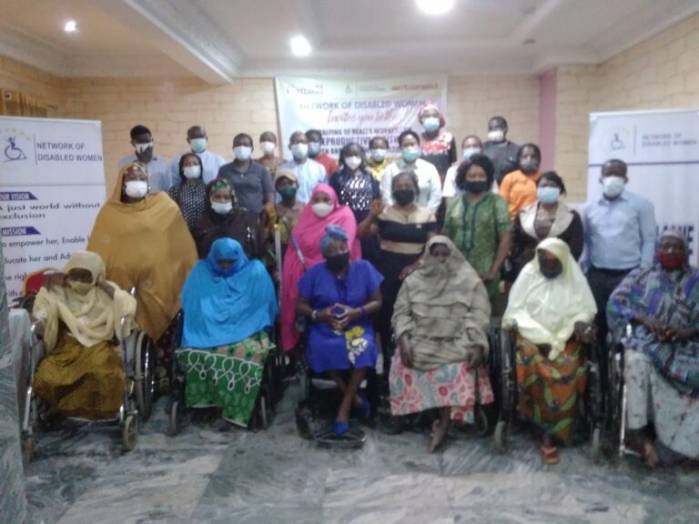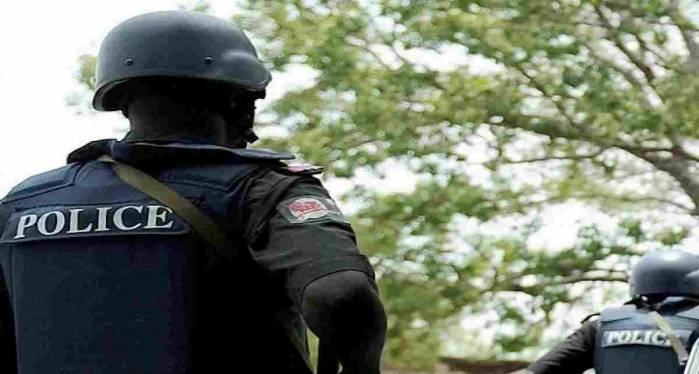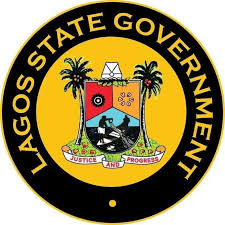Network of Disabled Women, an NGO, has called on the Federal Government to provide inclusive budget for health workers to help address challenges faced by women and girls with disabilities in the country.
Mrs Lios Auta-Udonkanta, the President of the organisation made the call in an interview with the News Agency of Nigeria (NAN) in Abuja on Friday.
Auta-Udonkanta said this shortly after a day training for health workers on Sexual Reproductive Health Rights for women with disabilities.
She said that there was a need to set up actions and strategies that are inclusive, accessible and affordable for women and girls with disabilities in the country.
According to her, inclusive budgeting for health workers and adequate empowerment for women and girls with disabilities will encourage capacity building across sectors.
“Inclusive budgeting for health workers will address emergency and critical conditions for women and girls with disabilities in the country.
“This training exercise is very timely because it is time for medical health practitioners to know the Sexual Reproductive Health Rights for women and girls with disabilities.
“It is also time to start thinking of actions and strategies that are inclusive, affordable and accessible for women and girls with disabilities through inclusive budgeting.
“Our health care services should be affordable to the poor and the less privileged in the society especially people with disabilities,” she said.
READ ALSO: Kidnappers, Gunmen Hold Sway, Abduct 75, Kill 18
She said her organisation was committed to working with government and civil society organisations to achieve global and regional gender equality and women empowerment in the context of humanitarian actions.
The president said that there was a need for civil society organisations, including those working with women with disabilities, to participate in gender assessments to include their needs across sectors.
“We are planning on how to collaborate and partner with community leaders that will take the advocacy to the grassroots and also to the secondary level of our healthcare system.
“We also aim to develop regional advocacy plans on key humanitarian issues with a view to the formation of community-based structures of women and girls with disabilities to ensure self-representation,” she said.











